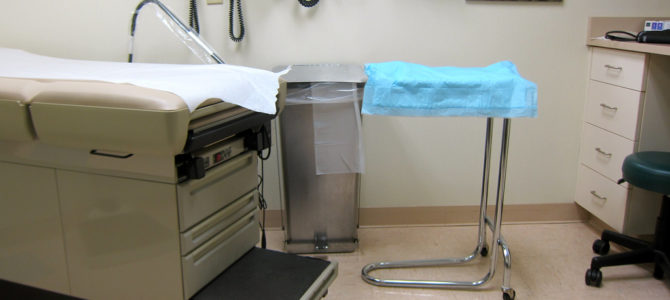When former abortion workers speak out in public about what they did in their clinics, what they saw happening, and the disrespect consistently shown women, hearts and mind change, and abortion facilities close.
The abortion facility in Texas where I worked for eight years closed after enough workers like me left. They closed because I finally spoke out against the terrible things I saw, the deceit I participated in, and the unsanitary practices common to many abortion facilities.
Forty-nine abortion facilities closed in 2017, according to a new report of an annual survey of abortion facilities. This is on top of the news that the Department of Justice has launched an investigation into Planned Parenthood’s illegal sales of baby body parts. According to a Rasmussen poll, 46 percent of voters support this investigation of the nation’s largest abortion provider.
Two of Planned Parenthood’s business partners have also closed after they were found to have illegally profited from the sale of body parts of aborted babies. They were fined an astounding $7.8 million.
These changes to the abortion industry are coming from the inside out. It’s my theory that one of the big reasons clinics have shut down—and will continue to shut down—is that former abortion workers have spoken out about their experiences in public and worked to testify against their former employers.
It was because of two former abortion workers that Planned Parenthood in Delaware was temporarily shut down. The women went to authorities with evidence of dirty equipment and “bloody drainage” left on operating tables between women having abortions. It was disgusting.
Earlier this year, I released several inspection reports from Whole Woman’s Health abortion clinic, which operates facilities in Texas, Maryland, Minnesota, and Illinois. Their name is on the U.S. Supreme Court case, Whole Woman’s Health v. Hellerstedt, which exempts abortion facilities from conforming to commonsense medical guidelines like other outpatient facilities must adhere to.
Why did they bring their case all the way to the U.S. Supreme Court? Because their abortion facilities would have closed otherwise, since they had been cited for things like failing to properly disinfect and sterilize instruments that were used from woman to woman and failure to provide a safe and sanitary environment. Products of conception were being examined and contaminated instruments were being washed in the same room, and rusty suction machines were likely to “cause infection.”
The testimony of former abortion workers can help persuade lawmakers to create fair laws that protect women from dirty abortion facilities. Their testimony can educate the public about what really happens behind the closed doors of Planned Parenthood. Their testimony can influence legislation and ultimately create a culture where abortion is unthinkable.
Since 2012, my ministry has helped more than 400 abortion workers leave their jobs. “Emotionally intense” is the mood my wonderful client managers experience daily, because they are helping workers who have seen terrible things and have reached a point where they cannot go back into their employers. We help these workers to find other jobs, to find healing, and if they desire, to tell their stories.
We believe this is how abortion facilities will ultimately close: because these workers’ stories will be heard, public opinion will change, and there will be no more workers left. Abortion will become unthinkable.









